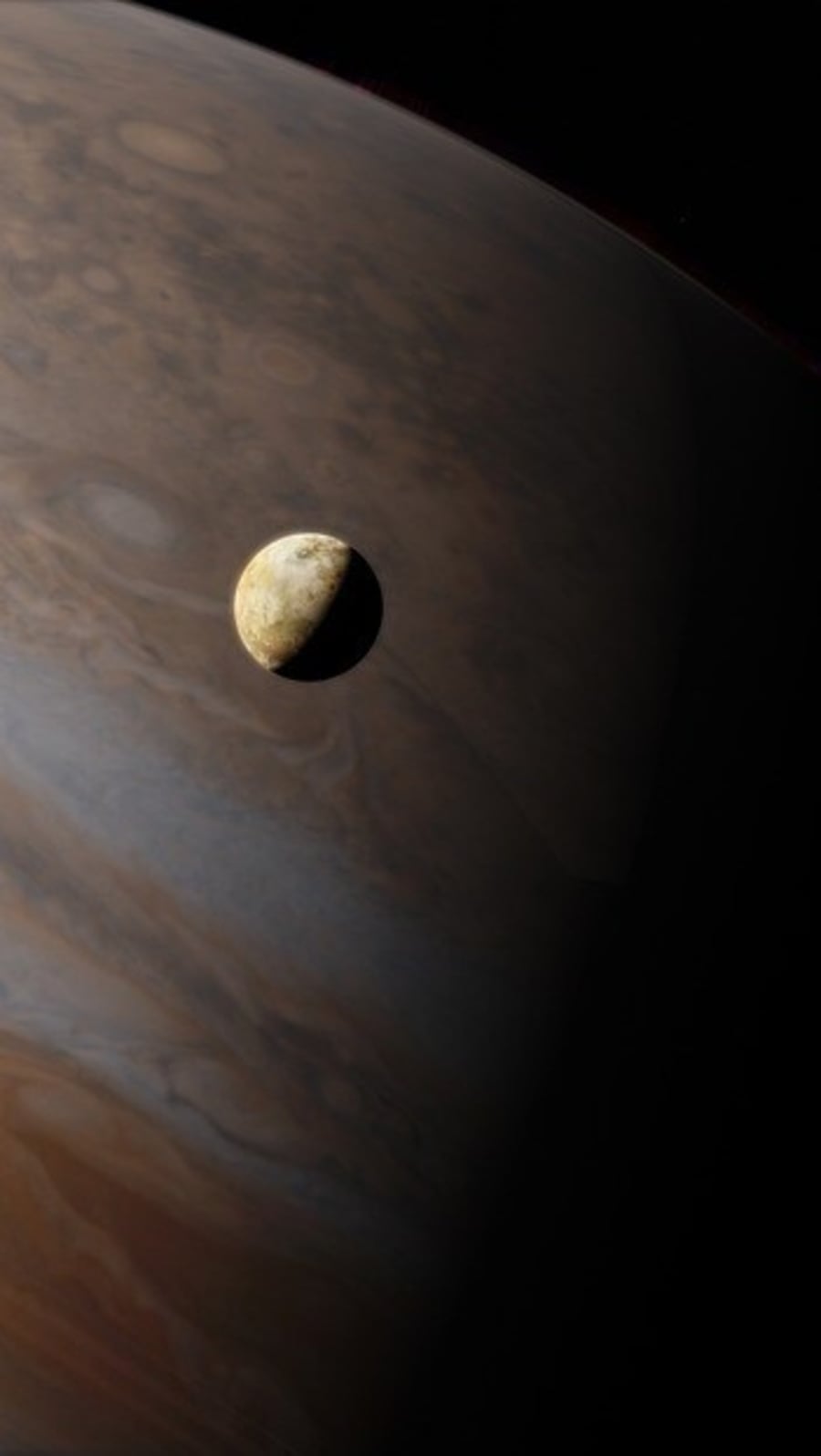NASA’s Perseverance rover discovery: Mars unveils clues to possible past life
Hubble Space Telescope captures stunning image of merging galaxies, NASA shares details
Chandrayaan-3 mission! ISRO's Vikram lander may pave way for safe moon landings with NASA
Top secret US X-37B spaceplane launched by NASA on SpaceX Falcon Heavy rocket

